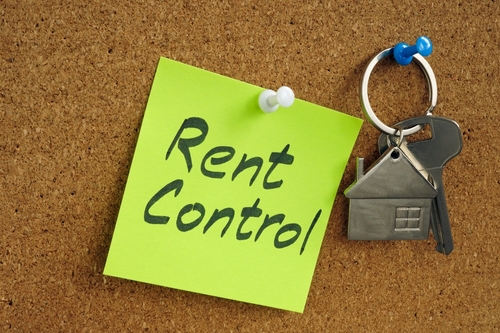
The current restriction on Airbnb-style short lets to 90 nights a year in London could spread to other cities - and the rental sector could be better off for it.
That’s the view of a leading lettings PropTech expert, Neil Cobbold of automated payment provider PayProp.
The House of Commons library recently published a 46-page briefing document discussing the calls for greater regulation of short-term lets, and while the government has made it clear it is not in favour of any ban on short lets, it is expected to give its views on possible regulation later this month.
One restriction currently in place - but in London only - is a 90 night annual limit on any one residential property being used for short lets.
"It's been reported that the 90-day rule in London is flouted regularly, so its effectiveness needs to be reviewed. What's more, as the popularity of short-term lets grows in other cities across the country, similar limits may need to be considered elsewhere" Cobbold believes.
"The issues raised by widespread short-term lets are well-documented. However, the financial benefits for local economies and landlords are hard to ignore," Cobbold explains.
"Finding a balance that recognises the value of short-term lets while minimising the impact of the issues they cause will be crucial to the sector’s long-term success."
Before the Coronavirus outbreak, the short-term lets sector was growing quickly.
ARLA Propertymark research found that the number of UK Airbnb listings reached 223,000 in 2018, up from 168,000 in 2017 – a rise of 33 per cent.
By March 2020, there were 88,100 Airbnb listings in London alone – almost five times higher than the number recorded in April 2015 – according to analysis by campaign organisation Inside Airbnb.
"The rapid growth of the short term lettings sector has encouraged calls that it should be regulated, which is understandable considering the level of regulation in the traditional private lettings market," says Cobbold.
"Despite the government’s opposition to formal regulation, the briefing document indicates its acceptance that the future of short-term lets needs to be discussed, which is positive in itself."
"Debate around the questions raised in the briefing paper could lead to new solutions for some of the issues around the sector, while still allowing it to thrive" he says.














%20-%20IMAGE%20Client%20Accounting%20%E2%80%93%20what%20are%20your%20options.jpg)





Join the conversation
Be the first to comment (please use the comment box below)
Please login to comment